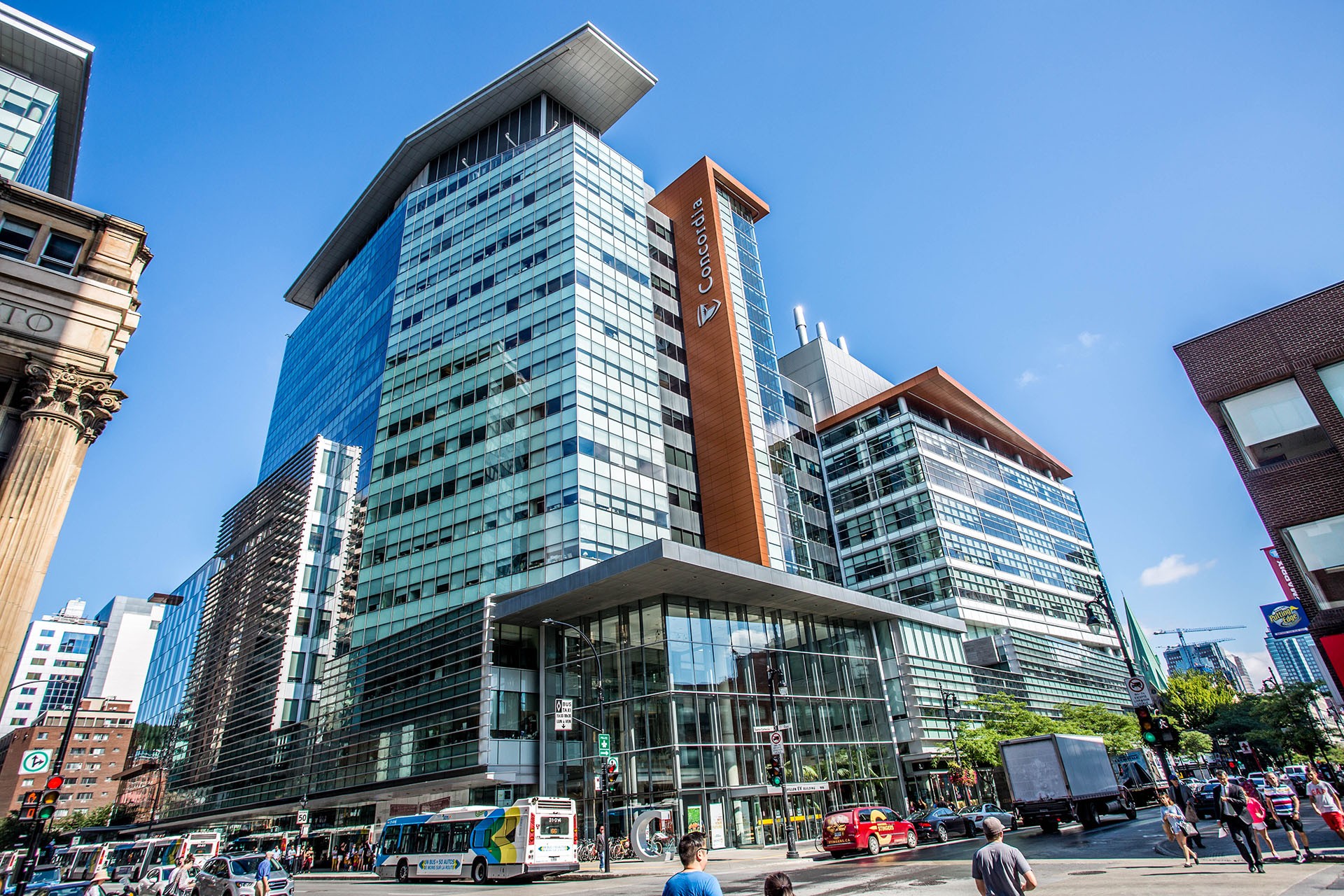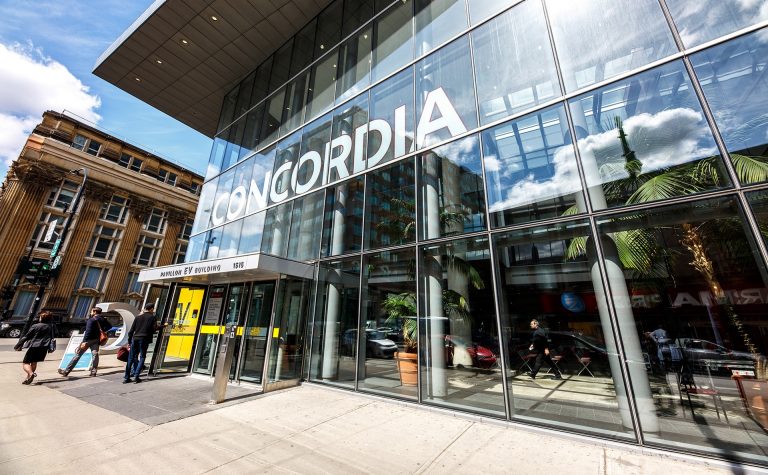Concordia University offers a Bachelor of Education (BEd) program with a specialization in Teaching English as a Second Language (TESL). This program is designed to prepare students to become qualified and effective educators in the field of English language teaching.
Here is a general overview of what the Teaching English as a Second Language (TESL) program at Concordia University might include:
Education Courses: The program includes foundational education courses that provide students with knowledge and skills in teaching and learning theories, classroom management, assessment and evaluation, curriculum development, and educational technology. These courses lay the groundwork for becoming a professional educator.
TESL-Specific Courses: Students in the TESL specialization take courses specifically focused on teaching English as a second language. These courses cover topics such as second language acquisition, linguistics, language teaching methodologies, language assessment, materials development, and cultural aspects of language teaching. Students learn effective instructional strategies and techniques for teaching English to non-native speakers.
Practicum Experience: The program typically includes a practicum component where students gain hands-on teaching experience in real classroom settings. Under the guidance of experienced teachers, students have the opportunity to apply their knowledge and skills in planning and delivering English language lessons to English language learners. The practicum allows students to develop their teaching abilities and reflect on their practice.
Language Skills Development: Students may also have the opportunity to enhance their own language skills in English during the program. Courses or workshops may focus on developing proficiency in speaking, listening, reading, and writing in English. Strong language skills are essential for effective communication and modeling for English language learners.
Language and Cultural Diversity: The program may include courses or modules that address the cultural and linguistic diversity found in English language classrooms. Students learn about multicultural education, intercultural communication, and strategies for fostering an inclusive and supportive learning environment for students from diverse linguistic and cultural backgrounds.
Professional Development: The program may offer opportunities for professional development, such as attending conferences, participating in workshops or seminars, or engaging with professional organizations related to TESL. These experiences allow students to stay informed about current trends and practices in the field of English language teaching and build professional networks.
Elective Courses: Depending on the program structure, students may have the flexibility to choose elective courses that align with their interests and career goals. These electives may include additional courses in TESL, educational psychology, literacy development, special education, or other relevant areas that complement their studies in teaching English as a second language.
Upon completion of the Teaching English as a Second Language (TESL) program at Concordia University, graduates are typically eligible to pursue teaching positions in language schools, community centers, international schools, and other educational settings that cater to English language learners. Graduates may also choose to pursue further studies or certifications in TESL or related fields.
Please note that program offerings and requirements may change over time. I recommend visiting the official Concordia University website or contacting the university directly for the most up-to-date and accurate information about their Teaching English as a Second Language (TESL) program.
Show less












